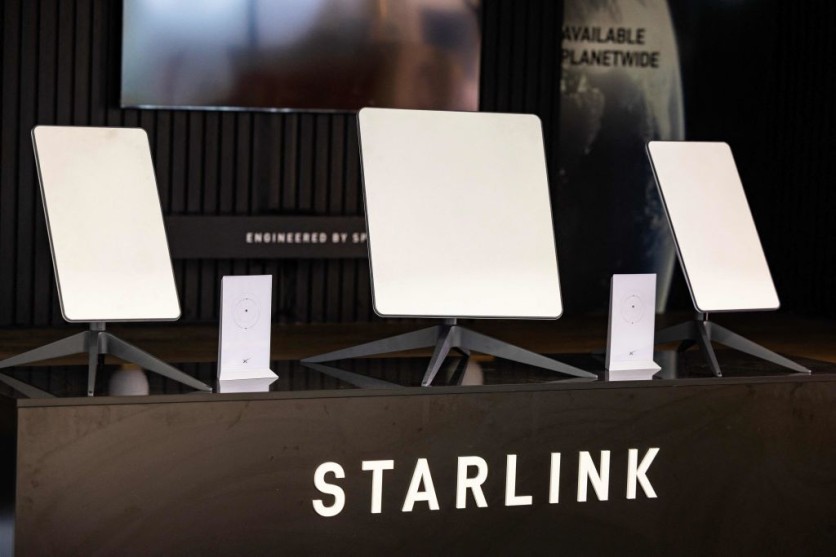The Federal Communications Commission (FCC) has issued a final rejection of Starlink's bid to receive $885 million in public funds under the Rural Digital Opportunity Fund (RDOF), saying that the company "failed to demonstrate that it could deliver the promised service."
The RDOF is a multibillion-dollar initiative designed to subsidize the expansion of internet service into rural areas where private companies find it economically challenging to provide coverage. Starlink's application for $885 million was part of this program and was initially set aside in 2020.

FCC's Final Rejection on Starlink's Application
It is worth noting that the FCC's decision resulted from a two-step application process. The first step involves a high-level, short-form application that does not require specific coverage area details.
The second step, a long-form application, is a more in-depth review to verify that the applicant meets the program requirements based on specific coverage locations.
The FCC initially qualified the company during the short-form stage. However, on the long-form application, it was determined that Starlink failed to demonstrate its ability to deliver the promised service, which led to an appeal.
The FCC noted that Starlink's satellite internet technology was still in the developmental stage and required users to purchase a dish priced at $600 at the time.
"The FCC is tasked with ensuring consumers everywhere have access to high-speed broadband that is reliable and affordable. The agency also has a responsibility to be a good steward of limited public funds meant to expand access to rural broadband, not fund applicants that fail to meet basic program requirements," FCC Chairwoman Jessica Rosenworcel said in a press statement released on Tuesday.
"The FCC followed a careful legal, technical, and policy review to determine that this applicant had failed to meet its burden to be entitled to nearly $900 million in universal service funds for almost a decade," she added.
Read Also : FCC Adopts First Major Digital Civil Rights Policy Against 'Digital Discrimination' on Internet Services
Starlink Wins Initial RDOF Auction
The FCC's decision underscores its commitment to ensuring that recipients of public funds through the RDOF program can reliably and affordably provide high-speed broadband to consumers in rural areas.
The agency concluded that funding Starlink's proposed networks would not be the most effective use of limited Universal Service Fund dollars. Starlink, a subsidiary of Elon Musk's SpaceX, was the winning bidder of $885,509,638.40 in the initial RDOF auction results announced on December 7, 2020.
The program, which authorized over $6 billion in funding, aims to deliver primarily fiber gigabit broadband service to more than 3,458,000 locations in 49 states and the Northern Mariana Islands.
Despite the rejection, the FCC emphasized the success of the RDOF program in supporting the deployment of future-proof networks by hundreds of carriers, connecting previously unserved areas with broadband access.
Related Article : Telstra Announces Partnership with Elon Musk-Owned Starlink, Providing Fixed Broadband to Australia

ⓒ 2026 TECHTIMES.com All rights reserved. Do not reproduce without permission.




